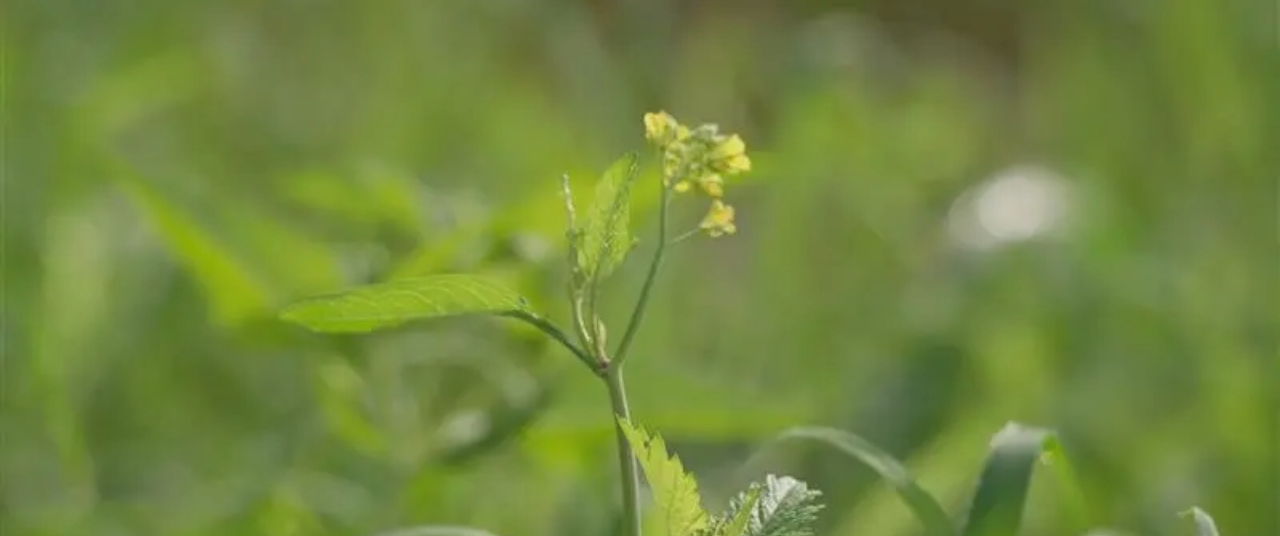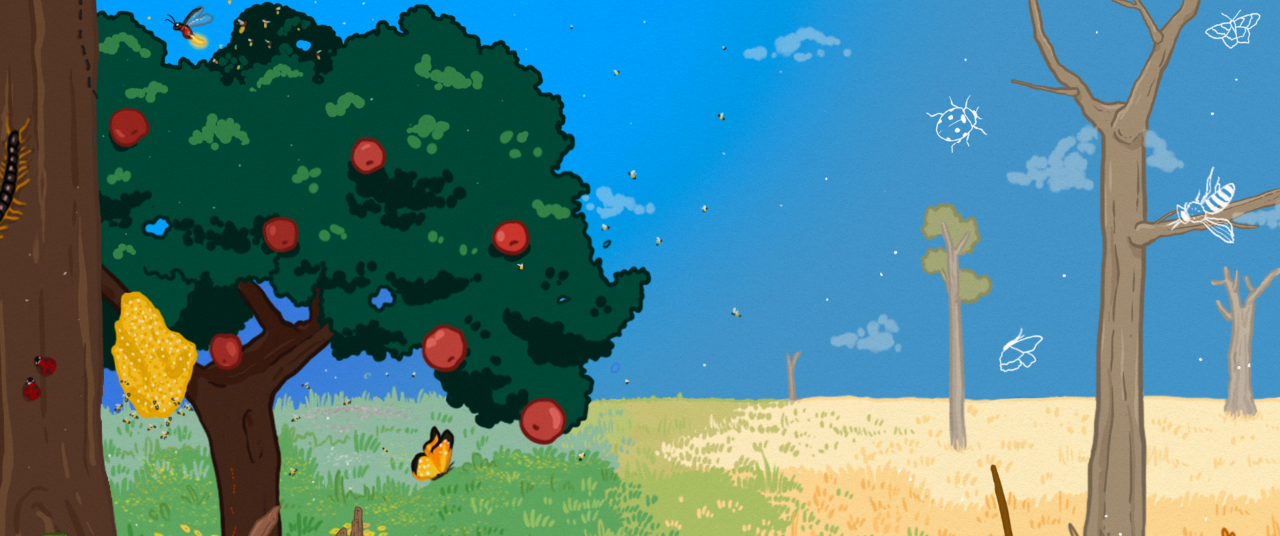Nagaland school teaches students how to grow their own food






Nagaland’s remote villages are a world few know. Hidden in the lush, green folds of India’s northeastern corner, these places remain largely unexplored. The landscapes are captivating, rich with culture, yet often hard to access. Without the burden of mass tourism, it’s nearly impossible to find a guide online to navigate these wild, untamed lands.
After Thanamir in Kiphire District, the Good Food Movement team ventured towards another pristine, nearly forgotten village in this wild eastern expanse. Salomi, located less than 20 kilometres from Nagaland’s apple capital, is the most populous village in the district. Yet it’s largely overlooked, known only for its limestone caves.
Travelling through Nagaland is no easy feat. The state’s roads are infamous for their ruggedness, winding through terrain that remains untouched by industry. Situated between Assam and Manipur, the region has a history of conflict, dating back to the 1800s when the British sought a direct route to expand their tea trade. Today, the state is home to 407 documented Community Conserved Areas (CCA), including Salomi.

Education with a purpose
Without private schools in the area, a government senior secondary school is teaching students about sustainability. The students are focusing on a skill often missing from standard curriculums: growing their own food. The school offers well-maintained classrooms for lessons and two extra rooms for non-academic activities, but it lacks computers for teaching purposes.
The village council, alongside the student union, has embarked on an ambitious conservation effort, inspired by local environmental programmes and the work of NGOs in the region. The initiative is part of a larger wave of community-led conservation across Nagaland, particularly in Kiphire–an area bordering Myanmar that has some of the state’s most pristine forests.
Here, the students are more than just learners; they are the village’s stewards of conservation. They’re not only tasked with preserving the environment, but also with cultivating the food their community consumes. Meanwhile, the village council plays a more hands-on role, guiding the decision-making process and ensuring the success of the conservation efforts. Every winter, the council and the student union come together for their annual meeting, reflecting on past efforts, addressing challenges, and setting new goals for the year ahead.

Organic farming
As part of the Samagra Shiksha programme, Ningtithong Yimchunger has joined the government school to teach children about farming, with a focus on organic practices. During a meeting with village elders, he asked for organic seeds to take the lessons further and give the students practical experience in organic farming. His request was approved, and now the students are learning to grow crops in the Kharif, Rabi, and Zarif seasons, combining both theory and practice.

Initially, the idea of a kitchen garden was unfamiliar to the villagers. However, over time, they gradually adopted the tools and techniques of farming, growing crops in their own backyards. Today, those who once knew nothing of soil or spades proudly call themselves farmers. They now rely solely on homegrown produce, turning what was once a foreign concept into a symbol of pride and self-sufficiency.
In Salomi, the school plays a crucial role in teaching young minds the essentials of local botany, the rhythms of cropping seasons, and the skills necessary to grow food right at home. Children are not only introduced to the basics of farming, but also to the value of manure and the various ways it can be sourced and used to enrich the soil.
Learner to farmer
“I find deep satisfaction in farming because it brings me a sense of security about what I can harvest and eat each month,” says Alum, a resident of Salomi. Before the CCA was established, Alum never imagined herself as a farmer. Now, each year, she starts by sowing maize in February, followed by her favourite crops–kidney beans and cabbage.

Like Alum, other residents also believe that NGO involvement is crucial for scientifically exploring their forests and resources. They stress the importance of organising seminars and educational programs at the village level to encourage biodiversity conservation. Additionally, they highlight the need for financial and livelihood support to sustain conservation efforts in the area.
Groundbreaking shift
In Nagaland, communities fiercely uphold their customary laws, which can vary dramatically from tribe to tribe, and even from one village to another. At the heart of this governance lies the village council, the highest authority in decision-making. This council is composed of gaon burrahs (village elders) and elected members, all guided by an appointed chairman. Historically, women have had little to no role in these councils or in broader decision-making processes within Naga society. However, in recent years, a quiet but powerful shift has taken place. Women in Nagaland and surrounding regions are stepping into leadership roles, creating bridges between the fields and kitchens, and challenging centuries-old societal norms.
In the villages, farming takes many forms–some work in backyards, while others manage larger plots of land. What unites them is their active involvement in forging a deeper connection between what they grow, eat, and protect. The people of Nagaland are increasingly realising the link between the food they cultivate, and the stewardship required to sustain it, much like Alum.
(Image Credits: Imtiakang Imsong)
Explore other topics
References








.png)


